Makám, one of the most well-known Hungarian world music bands founded by Zoltán Krulik, will play in the Müpa as part of the Bartók Spring International Art Weeks. The concert called ‘Mamilula’, which can be streamed online on 20 May, will feature guitarist-singer Zoltán Krulik and his highly personal songs. We talked to the band founder about Makám’s history since the founding year 1984, about burnt poems, the film Blow-Up, spontaneity, Kolinda, and obviously the pandemic.
You used to write poetry, paint, play the piano, the guitar and the sitar. What was your inspiration to be active in so many art forms?
It depends on the personality what one is attached to when young. Music has been part of my life since the beginning. As a child I played the piano, and I also liked singing. Both the Latin and the folkish church songs impressed me a lot. I attended the Benedictine High School of Pannonhalma where we listened to Gregorian music and I was a choir member, both having a strong influence on my musical world and my personality. I love contemplative, meditative singing. Also, old Hungarian folk music was an important experience, so it is no surprise that on the first album of Makám after the end of the instrumental phase, there are old-style Hungarian folk songs.
In your twenties, you set most of your poems and paintings on fire. Sounds like a total dissatisfaction!
I showed my poems to György Petri. He praised three of them. I put those in my first poem collection and burnt the rest. I found them useless. Same with the paintings. I have some in the cellar of our house in Zugló, I might take them out one day. I needed to choose a profession, and music had the strongest attachment. And fate wanted this, too, as I was invited to a band which I praised a lot, the Kolinda, as a young musician.
As far as I know, you started to play in bands when you disarmed from the army and moved to Budapest in 1971. What were your main musical experiences those days?
I also had a band in the army, but that was rather spontaneous. We were allowed to play at balls, which gave us a huge sense of freedom those days. When I moved to Budapest, I found my main inspiration in the musical world of Ferenc Sebő from the band Kaláka, Tamás Cseh, and the band Vízöntő. I heard the music of Ferenc Sebő in a film for the first time, and I was totally attached to its spontaneity, the work with accidental elements, which reminded me of Michelangelo Antonioni’s Blow-Up.
Is your music also spontaneous?
I would say that I can be inspired by any moment. I used to go to the Alfréd Hajós Sport Swimming Pool a lot, and I had a routine while getting there: from a bridge over the Danube, I always looked down on the river. At one such time, I suddenly had the first line of lyrics in my head, and then the melody followed: this became a Makám song called Raven Black Dream. We will play this song in the Müpa, too.
The band Makám és Kolinda (Makám and Kolinda) was founded in 1980, two years after the end of the ‘original’ Kolinda. How do you remember that time?
Before Makám és Kolinda, I played in another band called Unikum, but I keep forgetting to mention it. It only lasted for a few weeks though, and it contained members of the former Kolinda and the Gépfolklór (Machine Folklore). We also went on an almost one-month-long tour to the Netherlands. After that, Péter Dabasi, another ex-Kolinda member, came to me and told me to start a band. I was totally honoured by this. Almost immediately, we received an invitation from the Netherlands, too. The Makám és Kolinda was based on Hungarian folk music, but it also had a remarkable Central-Eastern-European sound. Wherever we played, they liked us. We sang in Hungarian, we played Hungarian poetry, but the audience loved it, in Switzerland just like in Germany or France. More and more huge festivals invited us to play. Abroad, we started with afternoon or early evening concerts, but soon we ended up playing in the evening like the big bands.
You mentioned in an interview that Makám’s so-called ‘vocal phase’ started in 1999 with a female singer joining, and it brought many new fans. Was it a conscious decision for the sake of popularity?
Not at all. A German producer and album publisher commissioned me to compose an album for singer Irén Lovász. I was very enthusiastic about that job. I like to work for commissions, because it’s a good mixture of my ideas and the commissioner’s preferences. The album, titled Skansen, was published by Fonó Records. While composing, I fell in love with the vocal style. My composing philosophy has not changed, but I started to add lyrics to the music, while the form got a bit shorter in comparison to the instrumental phase.
What do you think, how can it be that Makám is still around and popular?
It might lie in the fact that we have experienced many changes. Within the vocal phase mentioned above, we also had various subphases. Maybe the audience likes our music because Makám can show so many different faces with its music.
At the Mamilula concert on 20 May, the audience still cannot be present, but this won’t be the only strange thing…
It is an old tradition to have the jubilee concerts of Makám in the Müpa. These are always huge events that feature important ex-members, too. We always strive to bring something new in these shows. This time, songs will be played that harmonise with short stories from my prose band The Last Paper Airplane. The dramaturg of the concert is Boglárka Cziglényi. We created the title together, which sounds a bit secretive, but I will not reveal its meaning now, you can all find out on 20 May! There won’t be any live audience this time, but we will try to use the stage space in a way that makes us play for each other, not for the void, and thereby give a much livelier experience to the people at home in front of the screens.
How did the band cope up with the pandemic?
Some better, some worse. I caught the coronavirus and was even in hospital with it. It was an awful time. But it gave me a lot of strength that I could also create in lockdown. I composed and wrote. I finished a draft of my book that will also be featured at the concert.
As a writer, could you profit from this period? Have you written about the pandemic?
I have been working on this book for 5-6 years already; it is still untitled. The main topic is my childhood, but as we cannot escape the present, I also mention the coronavirus at some points.
According to the current situation, concerts might be possible in the summer. Do you have plans already?
We have various invitations already. Last year we had to cancel 20-30 concerts because of the pandemic. If everything goes well, we will play at the Valley of Arts in July, and we also have concerts scheduled for September to Hungarian towns Pápa and Sümeg. I hope these will be realised and we can also play even more.
Interview: Zsolt Várkonyi
Translation: Zsófia Hacsek

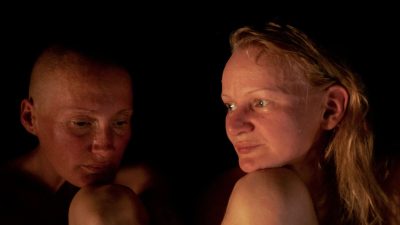
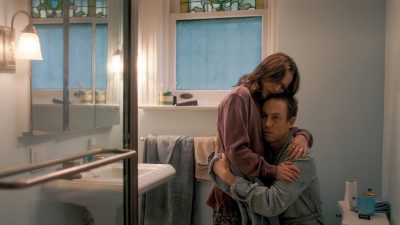
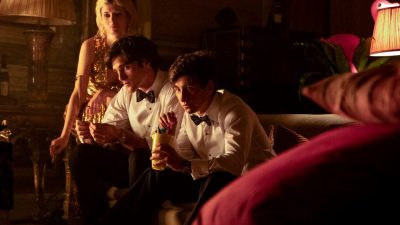
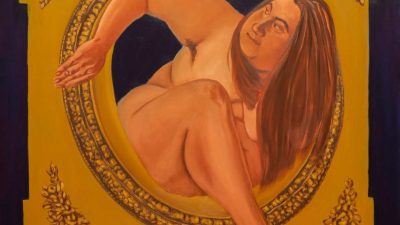
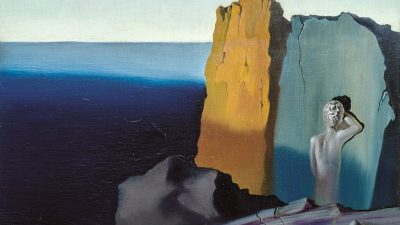



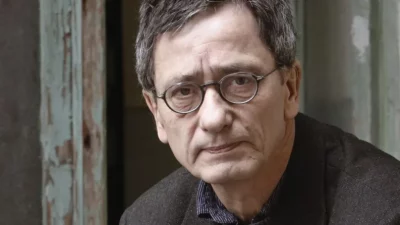



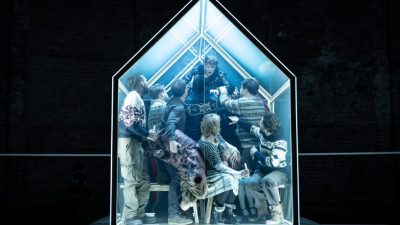
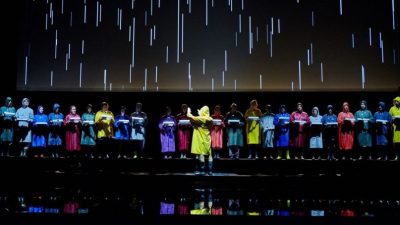


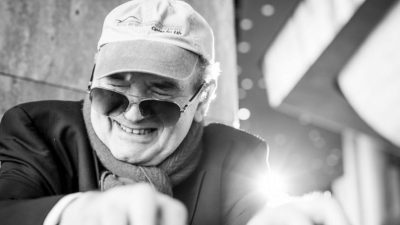


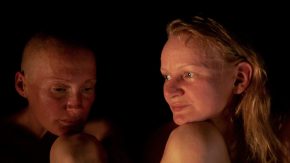
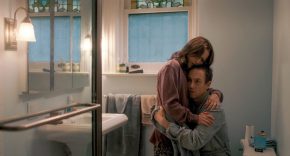
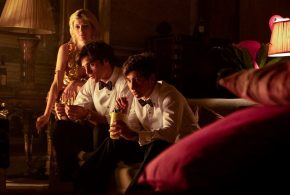
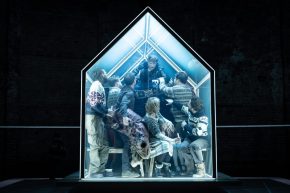

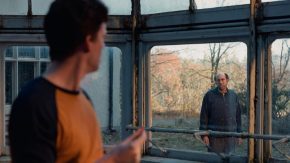
Comments